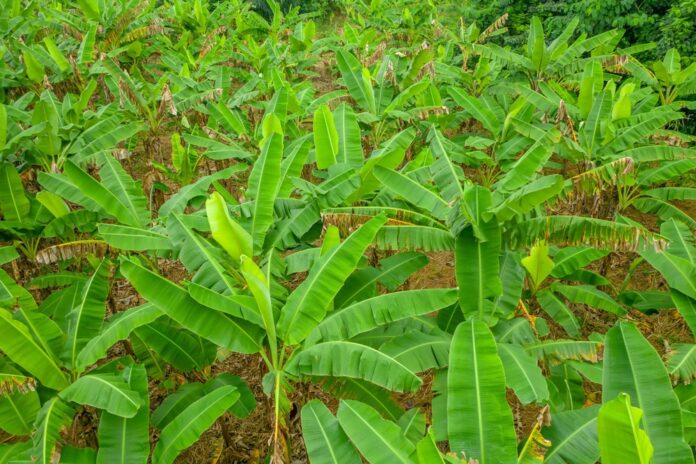The Department of Agriculture, through the Philippine Fiber Industry Development Authority (PhilFIDA), has joined forces with the Department of Labor and Employment (DOLE) to fast-track the rehabilitation of Bicol’s abaca industry after Super Typhoon Uwan left the region’s signature crop in ruins.
Uwan’s onslaught devastated what has long been Bicol’s second agricultural lifeline after coconut. PhilFIDA’s crop damage report tallied 1,402 hectares slightly damaged, 18,097 hectares moderately damaged, and a staggering 35,699 hectares heavily damaged across the region’s five abaca-producing provinces.
In all, the typhoon wiped out an estimated 7,492.90 metric tons of fiber valued at more than P38 million. For many farmers still clawing back from the impacts of last year’s Typhoons Pepito and Kristine, the destruction was a crushing setback.
“Bicol is the country’s abaca powerhouse—the region that introduced Manila hemp to the world,” Agriculture Secretary Francisco P. Tiu Laurel Jr. said. “We owe it to our abaca farmers to help them recover quickly and rebuild stronger. Their resilience fuels rural economies, and we will stand with them every step of the way.”
The region’s importance is undeniable. Last year, Bicol contributed nearly one-third of the nation’s abaca output, with Catanduanes alone accounting for a commanding 82 percent. More than 56,000 hectares of abaca fields and 24,000 growers depend on the crop for income.
To jump-start recovery, the DA–PhilFIDA and DOLE partnership is activating a labor incentive program under the DOLE TUPAD cash-for-work scheme.
Some 23,619 farmers will be mobilized to clear debris, trim damaged stalks, reinforce standing plants, and replant uprooted or shallow-rooted abaca. Slightly damaged stands will be trimmed and rehabilitated, while heavily affected farms will undergo full replanting with disease-free suckers screened by PhilFIDA and local abaca focal persons.
Field validation sets the pace. PhilFIDA technicians will map damaged sites, verify the extent of losses, and document conditions—reports DOLE needs before releasing any cash-for-work payments. Farms will undergo pre-replanting inspections to confirm planting materials are available and areas are properly cleared.
Replanting density will depend on the level of damage: 400 suckers per hectare in severely hit farms, 200 in moderately affected areas, and 100 in slightly damaged zones.
Farmer protection is integral to the program. Before fieldwork begins, each beneficiary will receive protective long-sleeved clothing, a cap, and a one-year personal accident insurance package from PCIC.
After replanting, a joint inspection team—composed of PhilFIDA technicians, LGU agriculture staff, and barangay agriculture committees—will check survival rates of replanted suckers and certify results.
Farmers will then receive DOLE’s cash-for-work incentives: P3,000 per hectare for slightly damaged farms, P5,000 for moderate damage, and P10,000 for heavily damaged areas.
Officials say the mission is direct and urgent: restore 4,505.81 hectares of abaca farms within three months and help thousands of Bicolano families regain their footing. With DA–PhilFIDA and DOLE pushing a unified recovery plan, the region is determined to rebuild its abaca strength—and ensure its farmers rise with it.







